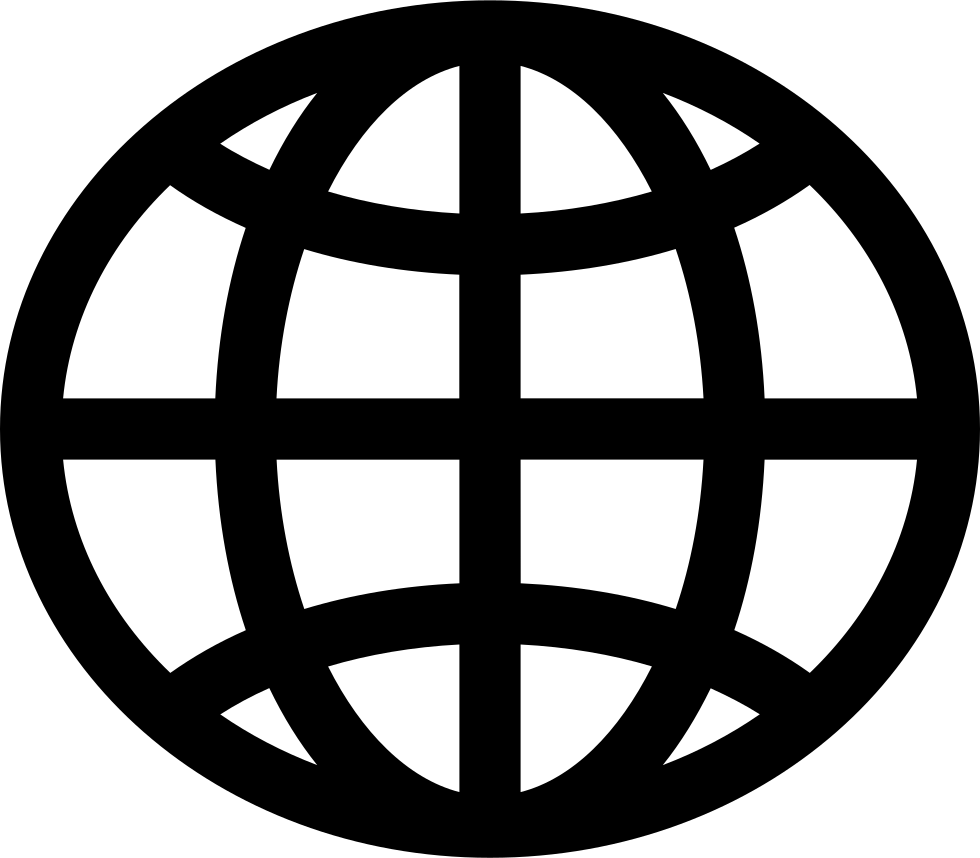Ocean Shot – A Global Research Grant Program Accelerating Ocean Discovery
The Sasakawa Peace Foundation(NGO), The Nippon Foundation(NGO)
(
Non-governmental organization (NGO)
)
#OceanAction58689
Description
Ocean Shot is an international research-grant program established and managed by the Sasakawa Peace Foundation (SPF), and supported by The Nippon Foundation, to catalyze fundamental discoveries in the ocean worldwide. The program allocates up to USD 3 million per project over three years, for research leading to discoveries from either of the following two perspectives:
“New Discoveries of Ecosystems, Marine Species or Their Ecological Functions”
“New Technologies or Data Science that Facilitate Ocean Discoveries”
Objectives
- Discover and describe previously unknown marine organisms—from microorganisms to marine mammals—and unravel riddles concerning their distribution, reproduction, development, ecology, life histories and evolution.
- Reveal new functions and mechanisms in complex systems like coral reefs and deep-seabed fauna, where knowledge remains scant.
- Develop new technologies or analytical techniques capable of revealing phenomena previously buried under mountains of data and generate big-data streams that deepen ocean understanding.
- Strengthen global research capacity by forming teams from multiple countries and, whenever possible, engaging organizations or researchers linked to Japan.
Governance
Ocean Shot is administered by the Ocean Shot Secretariat within the Ocean Policy Research Institute of SPF. During each open call, proposals undergo a two-stage peer review that incorporates advice from an Ocean Shot Advisory Board of external experts.
Awards are intended to run for three years in principle and are organized into three consecutive phases that match the Japanese fiscal year (April to March). For each Phase, the representative research organization of each selected project signs a single-year (April–March) research-grant contract with SPF, and funds are disbursed under that agreement.
For every Phase, interim and completion evaluations are conducted; continuation to the next Phase and the corresponding budget are formally approved only when the Ocean Shot Secretariat confirms satisfactory progress.
Research outcomes will be progressively uploaded to the Ocean Shot page on the SPF website, ensuring free public access for researchers, policymakers, and the general public.
Sasakawa Peace Foundation (entity type: NGO) (Lead entity), The Nippon Foundation (entity type: NGO) (Lead entity)
SDGS & Targets
Goal 14
Conserve and sustainably use the oceans, seas and marine resources for sustainable development
14.1
By 2025, prevent and significantly reduce marine pollution of all kinds, in particular from land-based activities, including marine debris and nutrient pollution
14.1.1
(a) Index of coastal eutrophication; and (b) plastic debris density
14.2
By 2020, sustainably manage and protect marine and coastal ecosystems to avoid significant adverse impacts, including by strengthening their resilience, and take action for their restoration in order to achieve healthy and productive oceans
14.2.1
Number of countries using ecosystem-based approaches to managing marine areas
14.3
Minimize and address the impacts of ocean acidification, including through enhanced scientific cooperation at all levels
14.3.1
14.4
By 2020, effectively regulate harvesting and end overfishing, illegal, unreported and unregulated fishing and destructive fishing practices and implement science-based management plans, in order to restore fish stocks in the shortest time feasible, at least to levels that can produce maximum sustainable yield as determined by their biological characteristics
14.4.1
14.5
By 2020, conserve at least 10 per cent of coastal and marine areas, consistent with national and international law and based on the best available scientific information
14.5.1
14.6
By 2020, prohibit certain forms of fisheries subsidies which contribute to overcapacity and overfishing, eliminate subsidies that contribute to illegal, unreported and unregulated fishing and refrain from introducing new such subsidies, recognizing that appropriate and effective special and differential treatment for developing and least developed countries should be an integral part of the World Trade Organization fisheries subsidies negotiation
14.6.1
Degree of implementation of international instruments aiming to combat illegal, unreported and unregulated fishing
14.7
By 2030, increase the economic benefits to Small Island developing States and least developed countries from the sustainable use of marine resources, including through sustainable management of fisheries, aquaculture and tourism
14.7.1
Sustainable fisheries as a proportion of GDP in small island developing States, least developed countries and all countries
14.a
Increase scientific knowledge, develop research capacity and transfer marine technology, taking into account the Intergovernmental Oceanographic Commission Criteria and Guidelines on the Transfer of Marine Technology, in order to improve ocean health and to enhance the contribution of marine biodiversity to the development of developing countries, in particular small island developing States and least developed countries
14.a.1
14.b
Provide access for small-scale artisanal fishers to marine resources and markets
14.b.1
Degree of application of a legal/regulatory/policy/institutional framework which recognizes and protects access rights for small‐scale fisheries
14.c
Enhance the conservation and sustainable use of oceans and their resources by implementing international law as reflected in United Nations Convention on the Law of the Sea, which provides the legal framework for the conservation and sustainable use of oceans and their resources, as recalled in paragraph 158 of "The future we want"
14.c.1
Number of countries making progress in ratifying, accepting and implementing through legal, policy and institutional frameworks, ocean-related instruments that implement international law, as reflected in the United Nations Convention on the Law of the Sea, for the conservation and sustainable use of the oceans and their resources
SDG 14 targets covered
| Name | Description |
|---|---|
| 14.a | Increase scientific knowledge, develop research capacity and transfer marine technology, taking into account the Intergovernmental Oceanographic Commission Criteria and Guidelines on the Transfer of Marine Technology, in order to improve ocean health and to enhance the contribution of marine biodiversity to the development of developing countries, in particular small island developing States and least developed countries |
Deliverables & Timeline
Resources mobilized
Partnership Progress
Feedback
Action Network

Timeline
Entity
SDGs
Other beneficiaries
Ocean Basins
Communities of Ocean Action
More information
Countries


Headquarters
Contact Information
Mitsutaku, President of the Ocean Policy Research Institute of the Sasakawa Peace Foundation

